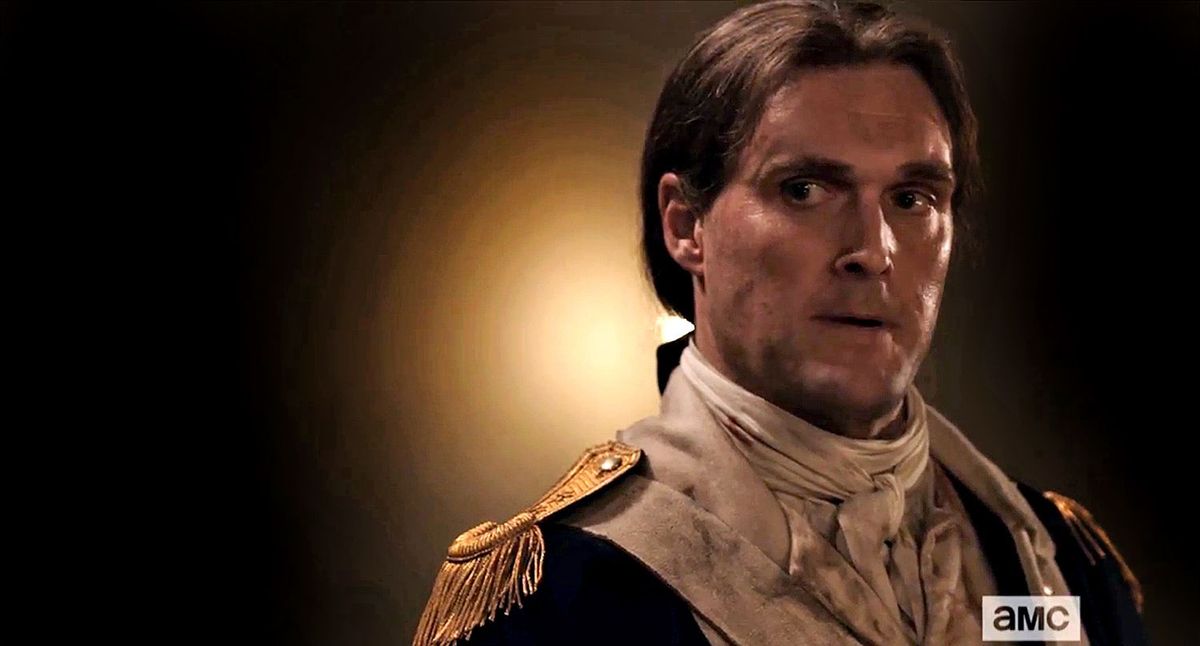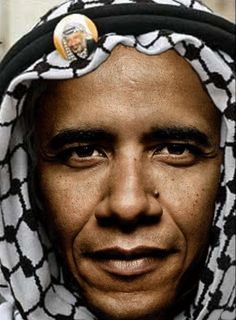"Those who do not know History are doomed to re-Tweet it!"--Stuff Adam Kinzinger Said While Carrying Nancy Pelosi's Purse at the Beauty Parlor
Former US Rep. Adam Kinzinger to release book in October | Bellingham Herald
Former U.S. Rep. Adam Kinzinger, the Illinois Republican who broke with his party two years ago after the Jan. 6 siege of the U.S. Capitol, has a book deal. The Open Field, a Penguin Random House imprint overseen by Maria Shriver, announced Tuesday that Kinzinger's “Renegade: My Life in Faith, the Military, and Defending America from Trump’s Attack on Democracy” is scheduled for release on Oct. 17.
“Ever since my final falling-out with the GOP, on the day of the deadly January 6 attack on the Capitol by Donald Trump’s followers, I have wanted to tell the inside story of how my party and also my faith have been hijacked by extremists who represent a real danger to our democracy.". .......
Pictured here, Kinzinger steals a bouquet of flowers meant for the ISIS lady, or perhaps Evan McMullin
On The Trail Of Benedict Arnold | AMERICAN HERITAGE--W. D. Wetherell:
"No one has ever fully explored the inner geography of Benedict Arnold’s heart. The springs whence flowed his mad, desperate courage lie so close to the sources of his cynical, calculated treachery that the channels quickly merge, making it impossible to follow the bravery without being overwhelmed by the darkness—which leaves him, to our lasting fascination and bewilderment, among the hardest human beings to understand in American history.
Did he become a traitor because of all the injustice he suffered, real and imagined, at the hands of the Continental Congress and his jealous fellow generals? Because of the constant agony of two battlefield wounds in an already gout-ridden leg? From psychological wounds received in his Connecticut childhood when his alcoholic father squandered the family’s fortunes? Or was it a kind of extreme midlife crisis, swerving from radical political beliefs to reactionary ones, a change accelerated by his marriage to the very young, very pretty, very Tory Peggy Shippen?
Again, the inner geography is complex and extraordinarily murky. But there is another, fresher way to come at an understanding of Benedict Arnold—not so much by worrying about his inner geography as by viewing him against his “outer” geography, the American landscape he fought through during the three glorious years when his reputation rocketed up as steep and glorious a trajectory as any American military leader has ever known.

My own fascination with Benedict Arnold began as a boy when I read the novels of Kenneth Roberts, particularly Arundel , which, in describing the march to Quebec, paints Arnold in a heroic monotone that, to a boy going through a rebellious stage himself, was immediately captivating. (It was only later that I read about his treachery; indeed, I may have been the last American ever to feel personally betrayed by Benedict Arnold.)
The Appalachian Trail crosses the highway near Mount Bigelow (named after one of Arnold’s officers), and it’s worth taking a half-hour’s hike just to get an appreciation of what marching through this forest must have been like. (Even as late as the 1930s local woodsmen could tell which way the army had gone by the line of hardwoods that sprang up after Arnold’s axmen had hewn down the original spruce.)
This is a lonely country still, especially on the Height of Land, where Route 16 climbs along Chain of Ponds, where starvation began looming as a very real possibility for the entire force. Driving it on a beautiful mid-July day, we only came across one other person, the proprietor of a small campground on the penultimate of the ponds.
“Yep, came through here all right,” the man said when I asked him about Arnold. He pointed to the flinty shore of the pond. “Why’d he go bad like that anyway?”
I shrugged and gave him the shortest explanation: “Married the wrong person.”
He nodded. “That happens. Well, the next pond you’ll see up the road is Arnold Pond, and after that they had to put their boats on their shoulders and carry them four miles. Heavy boats—wore the skin off down to the bone.”
Surely this is the only corner of the world where Arnold is still remembered as a hero. The street where Arnold was wounded, Rue Sault-au-Matelot in le Vieux-Québec, is still there today and gives you a good idea of what a formidable barrier his men had to storm. Three historical markers testify not to Arnold’s heroism but to that of the defending troops led by Sir Guy Carleton—markers that not one in a thousand of the tourist passersby give a second glimpse, though had Arnold not been wounded at the critical moment, it’s entirely conceivable that Quebec City would now be the capital of an American state.
Now, as fighting broke out on October 7, Arnold had been effectively relieved of his command, forced to stand idle as a spectator while his best troops came up against stiff British resistance and the battle’s outcome seemed suddenly in doubt.
This is a key moment in Arnold’s life, and it’s important to try to understand what was in his heart as he rode back and forth on his charger, forbidden to take part in the battle yet compelled by a fury he was powerless to stop. The fury came from so many sources, so much hurt and so much courage, that it’s almost impossible for us to comprehend, but surely part of it was his overwhelming sense that this landscape, this corridor, this waterway was his . Hadn’t he won it for himself on the excruciating portage over the Height of Land, or on the dark snowy streets of Quebec, or on the brilliantly whitecapped water off Valcour Island? This was his land, to defend to the last drop of his being, his to win for his country, his, ultimately, to one day sell for good British gold.
Arnold finds it impossible to resist his own courage. He gathers up some men, leads the vital charge that wins the Breymann Redoubt for the Americans, seals the victory, and, just as he crashes into the redoubt, is shot in the same leg that was wounded at Quebec.
Historians for years have always insisted that it would have been better for Arnold’s reputation if he had been killed at the peak of his glory in Saratoga, yet perhaps they miss the point. In a very real sense he was killed at Saratoga: the good Arnold, the one that for three brilliant years courageously overrode all his demons. Almost certainly Arnold sensed this himself.
Henry Dearborn rushes up to him, asks where he’s been shot. “In the leg,” Arnold tells him, then, in what is surely one of the saddest lines from American history, adds, “I wish it had been my heart.”".......
Rest in the Vine: "My Hiding Place" by Major John André
| Maj. Andre loads Arnold's boot with Joe Biden's Classified Documents |
Adam Kinzinger has only a fraction of Arnold's battlefield glory but shares all of Arnold's treachery to the Founder's Revolution.
And like Arnold, Kinzinger's career closes by being untrusted by either side.
As Arnold fell for Maj. Andre's agent Peggy Shippen, so Kinzinger fell in with Acting President Obama's agent John McCain. When Barry of Arabia wanted to gift the Entire Middle East to the Muslim Brotherhood in general and his Ayatollah in particular, he dispatched Batty McCain and his trusty Robin, Adam Kinzinger.
Message:
Never Go Full-McChurian.
 |
| "You can't spell "TREASON" without an "O"." |

:format(webp)/https://www.thespec.com/content/dam/thespec/entertainment/2015/04/10/turn-explores-early-heroics-of-benedict-arnold-before-betrayal/B821925771Z.1_20150410135247_000_GQ11F9CFA.2_Gallery.jpg)
No comments:
Post a Comment